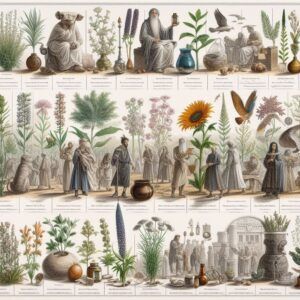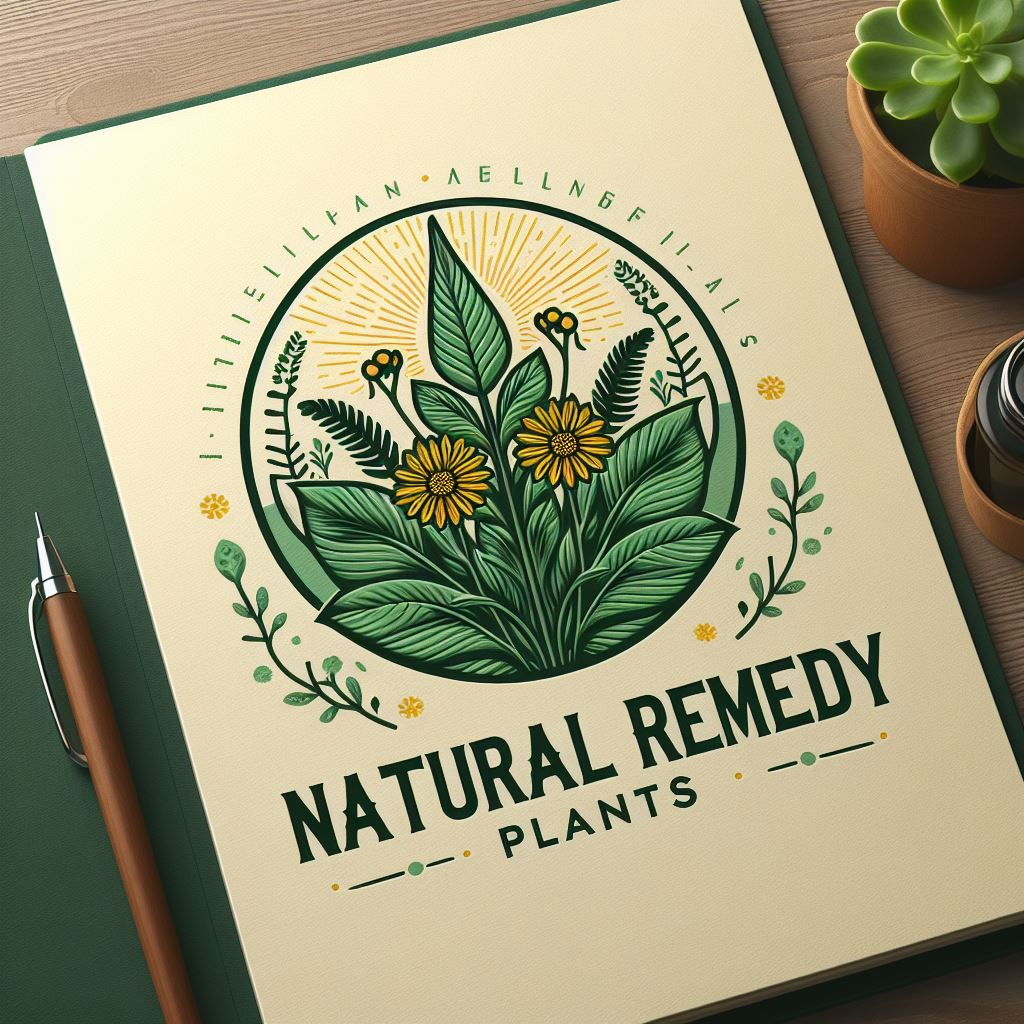The Transition to Contemporary Herbal Medicine.
-
The advent of pharmacognosy

Pharmacognosy, the study of natural products from plants and other organisms for medicinal purposes, has a rich history dating back centuries. It plays a crucial role in drug discovery, drawing on the diverse compounds found in nature to develop pharmaceuticals. Modern pharmacognosy integrates traditional knowledge with advanced scientific techniques, contributing to the discovery of new therapeutic agents and promoting sustainable approaches to medicine.
-
Herbal medicines that led to modern drug discoveries
Many modern drugs have roots in traditional herbal medicines. For example, aspirin’s origins can be traced to willow bark, which was used in traditional medicine. The anti-malarial drug quinine comes from the cinchona tree. Additionally, the discovery of artemisinin, derived from the sweet wormwood plant, revolutionized malaria treatment. These examples highlight the valuable contributions of herbal medicines to modern drug development.
-
Regulation and standardization of herbal supplements and remedies
Regulation and standardization of herbal supplements vary globally. In some countries, these products fall under dietary supplements regulations, while others have specific guidelines. Standards may include quality control, safety assessments, and labeling requirements to ensure consumer protection. Always check for adherence to regulations and look for reputable brands with transparent manufacturing practices when choosing herbal supplements.
-
The resurgence of herbal medicine in the 21st century
The 21st century has witnessed a resurgence of interest in herbal medicine, driven by a growing preference for natural remedies and a desire for holistic health approaches. Many people seek alternatives to conventional medicine, drawn to the perceived benefits of herbal remedies, which are often considered gentler with fewer side effects. Additionally, increased awareness of traditional healing practices and a focus on sustainability contribute to the renewed popularity of herbal medicine. However, it’s important to note that while herbal remedies can be effective for certain conditions, they should be approached with caution and in consultation with healthcare professionals.
Phytotherapy: Trends and Challenges

-
Ethical sourcing of medicinal plants
Ethical sourcing of medicinal plants involves ensuring that these plants are harvested, processed, and traded in a way that respects the environment, local communities, and biodiversity. This includes:
1. Cultivation Practices: Support cultivation methods that are sustainable, organic, and minimize environmental impact.
2. Wild Harvesting: If plants are harvested from the wild, ensure it’s done responsibly, adhering to regulations and considering the long-term health of the plant population.
3. Fair Trade: Choose suppliers who adhere to fair trade practices, providing fair wages and working conditions for local harvesters.
4. Biodiversity Conservation: Encourage practices that protect and promote biodiversity, avoiding overharvesting and depletion of plant populations.
5. Traceability: Ensure a transparent supply chain with documented traceability from source to end product, reducing the risk of unethical practices.
6. Community Involvement: Engage with local communities, respecting their traditional knowledge and involving them in decision-making processes related to plant sourcing.
7. Legal Compliance: Verify that the sourcing complies with local and international laws and regulations, including permits for wild harvesting.
By supporting ethical sourcing, you contribute to the conservation of plant species, protect ecosystems, and promote the well-being of local communities involved in the medicinal plant trade.
-
The role of technology in advancing herbal medicine research
Technology plays a crucial role in advancing herbal medicine research by enabling precise analysis of plant compounds, accelerating drug discovery through computational methods, and facilitating global collaboration among researchers for data sharing and analysis. Additionally, advanced imaging techniques and bioinformatics contribute to a deeper understanding of the therapeutic properties of herbal remedies.
-
Educational resources and opportunities for aspiring herbalists.
Aspiring herbalists can explore various educational resources and opportunities to deepen their knowledge:
1. Online Courses: Platforms like Udemy, Coursera, and Herbal Academy offer courses on herbalism. Look for programs covering plant identification, herbal preparations, and therapeutic uses.
2. Local Workshops and Classes: Check for workshops or classes at local botanical gardens, community colleges, or wellness centers. These hands-on experiences can enhance your practical skills.
3. Books and Literature: Invest in reputable herbalism books such as “The Herbal Medicine-Maker’s Handbook” by James Green or “Rosemary Gladstar’s Medicinal Herbs: A Beginner’s Guide.”
4. Herb Walks and Field Trips: Join guided herb walks or field trips led by experienced herbalists. These outings provide practical knowledge of plant identification and habitat.
5. Herbal Conferences: Attend herbal conferences and seminars to learn from experts, connect with like-minded individuals, and stay updated on industry trends.
6. Herbal Apprenticeships: Seek apprenticeship opportunities with experienced herbalists. This hands-on approach allows you to learn in a mentorship setting.
7. Online Forums and Communities: Join herbalism forums or communities like Reddit’s r/herbalism to engage with experienced herbalists, ask questions, and share knowledge.
8. Botanical Gardens: Visit botanical gardens to study and observe different plant species. Some gardens may also offer workshops or educational .
Remember to balance theoretical knowledge with practical experience, and consider your preferred learning style when choosing resources.

This is so interesting, I learned so much about herbal medicine and its history.
I know they have been used for centuries especially in indigenous cultures and it’s great to learn that there is this field of study called Pharmacognosy which uses scientific techniques to bring them into modern medicines etc.
My naturopath is big into natural and herbal remedies including essential oils so I am a fan and believe in herbal medicine. Especially with concerns with what the big Pharmaceutical companies are doing. Thanks also for sharing many ways to learn more about herbal remedies.
Do you know if Ashwagandha is safe to use in the longer term? One supplement I was looking into contained it and given the controversy and uncertainty to use it beyond 3 months, I have stayed away from it for now. If this is too much off topic, please ignore it for now until maybe you do an article on specific herbal remedies.
While short-term use of Ashwagandha is generally considered safe for many people, it’s important to consult with a healthcare professional before using it in the long term, especially if you have any pre-existing health conditions or are taking other medications. Individual responses to supplements can vary, and potential side effects or interactions may arise with prolonged use.
This is quality work regarding the topic! I guess I’ll have to bookmark this page. See my website Webemail24 for content about Website Traffic and I hope it gets your seal of approval, too!